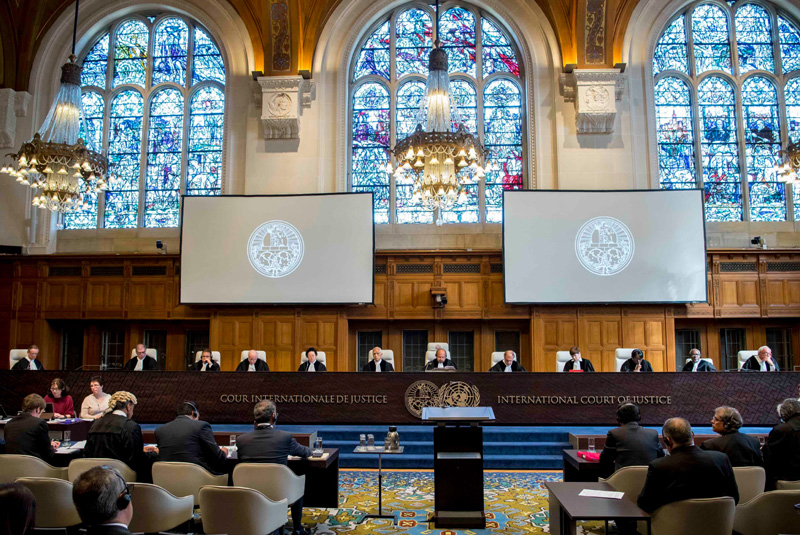Any objective observer will find the reactions – official and non-official – in India and Pakistan to the verdict of the International Court of Justice entertaining, saddening, and dismaying, in equal measure. The verdict has been hailed in both countries as a victory and neither country has signalled that it is able and willing to open a new chapter, ending the current confrontation, futile and injurious to both. The 42–page-verdict requires careful reading. The factual background is a study in clarity.
Since 3 March 2016, an individual named Kulbhushan Sudhir Jadhav (hereinafter “Mr Jadhav”) has been in the custody of Pakistani authorities. The circumstances of his apprehension remain in dispute between the Parties. According to India, Mr Jadhav was kidnapped from Iran, where he was residing and carrying out business activities after his retirement from the Indian Navy. He was subsequently transferred to Pakistan and detained for interrogation. Pakistan contends that Mr Jadhav, whom it accuses of performing acts of espionage and terrorism on behalf of India, was arrested in Balochistan near the border with Iran after illegally entering Pakistani territory. Pakistan explains that, at the moment of his arrest, Mr Jadhav was in possession of an Indian passport bearing the name “Hussein Mubarak Patel. India denies these allegations.
India fielded a team of 9 and Pakistan of 15. Overall, India had a stronger case and it argued its case much better as compared to Pakistan whose case was weaker. India sought consular access based on the 1963 Vienna Convention on Consular Relations. The court rejected Pakistan’s flimsy objections against the admissibility of the case. Apart from consular access, India prayed for the release of Yadav, a prayer that was not within the competence of ICJ to agree to.
-30-
Copyright©Madras Courier, All Rights Reserved. You may share using our article tools. Please don't cut articles from madrascourier.com and redistribute by email, post to the web, mobile phone or social media.Please send in your feed back and comments to editor@madrascourier.com











